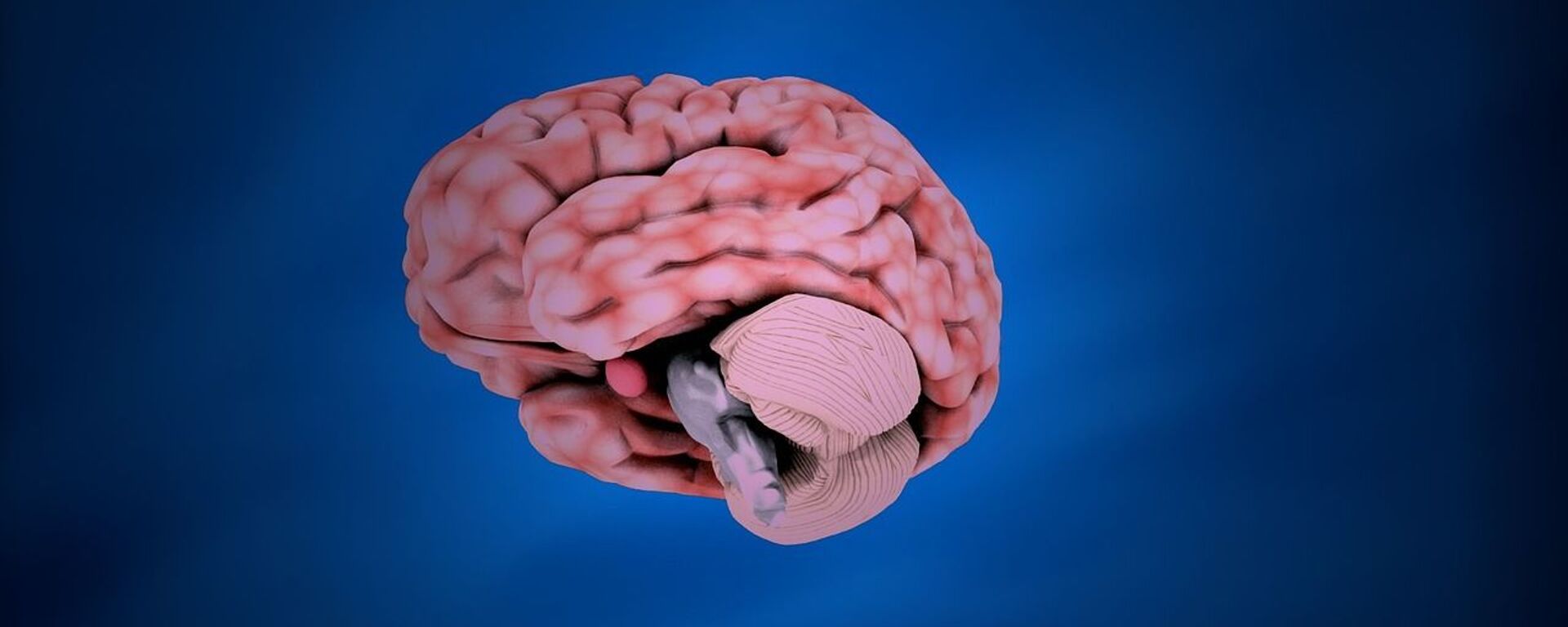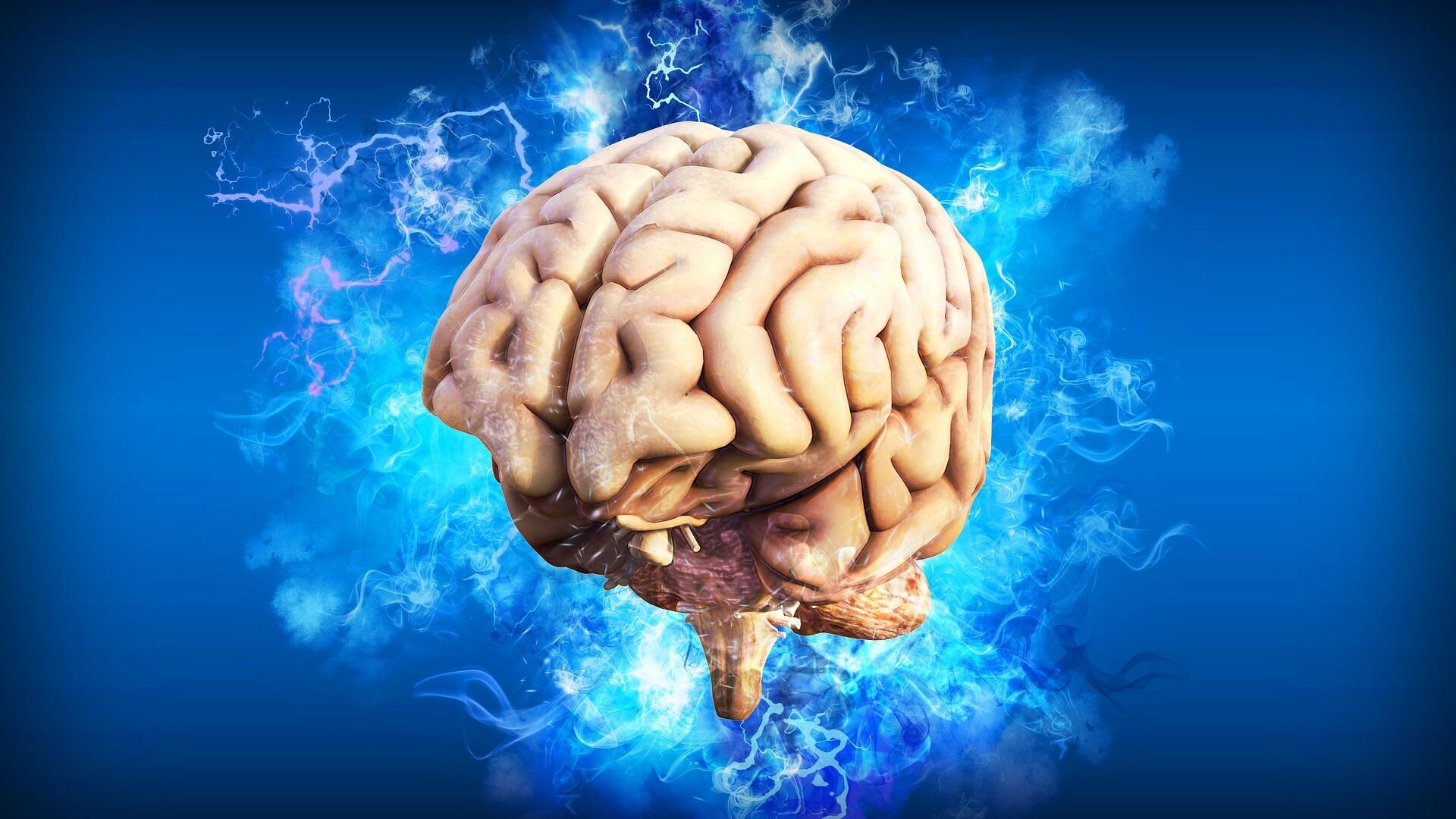https://sputnikglobe.com/20221012/transplanted-human-cells-grow-in-rat-brains-1101781243.html
Transplanted Human Cells Grow in Rat Brains
Transplanted Human Cells Grow in Rat Brains
Sputnik International
One of the authors of the new research suggests that studying human brain tissue transplanted into rat brains may help understand human diseases. 12.10.2022, Sputnik International
2022-10-12T18:45+0000
2022-10-12T18:45+0000
2022-10-12T18:45+0000
science & tech
rats
humans
brain cells
transplantation
https://cdn1.img.sputnikglobe.com/img/07e5/06/09/1083108360_0:36:1920:1116_1920x0_80_0_0_cae1927e45906d013285483f56b4345f.jpg
A team of scientists led by neuroscientist Sergiu Pasca from the University of Stanford has transplanted clumps of human brain cells into the brains of newborn rats.According to MIT Technology Review, not only did the initial procedure go smoothly, but the human cells ended up growing and actually becoming integrated into the rodents’ neural circuits, forming roughly one-sixth of the creatures’ brains.As Pasca himself explained, most of the work that his lab has been doing has been “motivated by this mission of trying to understand psychiatric disorders at the biological level so that we can actually find effective therapeutics."But while Pasca now hopes that studying human brain organoids, i.e. small clumps of neurons resembling specific brain regions that were grown in a dish, in rats might help understand human diseases, Julian Savulescu, a bioethicist at the National University of Singapore, warned that it may also raise poignant ethical questions, such as, for example, what it means to “humanize” animals.
https://sputnikglobe.com/20221009/new-research-unveils-a-function-of-brains-cerebellum-we-never-knew-about-1101652377.html
Sputnik International
feedback@sputniknews.com
+74956456601
MIA „Rossiya Segodnya“
2022
Sputnik International
feedback@sputniknews.com
+74956456601
MIA „Rossiya Segodnya“
News
en_EN
Sputnik International
feedback@sputniknews.com
+74956456601
MIA „Rossiya Segodnya“
Sputnik International
feedback@sputniknews.com
+74956456601
MIA „Rossiya Segodnya“
science & tech, rats, humans, brain cells, transplantation
science & tech, rats, humans, brain cells, transplantation
Transplanted Human Cells Grow in Rat Brains
One of the authors of the new research suggests that studying human brain tissue transplanted into rat brains may help understand human diseases.
A team of scientists led by neuroscientist Sergiu Pasca from the University of Stanford has transplanted clumps of human brain cells into the brains of newborn rats.
According to MIT Technology Review, not only did the initial procedure go smoothly, but the human cells ended up growing and actually becoming integrated into the rodents’ neural circuits, forming roughly one-sixth of the creatures’ brains.
As Pasca himself explained, most of the work that his lab has been doing has been “motivated by this mission of trying to understand psychiatric disorders at the biological level so that we can actually find effective therapeutics."
"Many of these psychiatric conditions, such as autism and schizophrenia, are likely uniquely human, or at least, they are anchored in unique features of the human brain,” he said in a press briefing quoted by ScienceAlert. “The human brain has certainly not been very accessible, which has precluded the progress we've been making in understanding the biology of these conditions."

9 October 2022, 11:53 GMT
But while Pasca now hopes that studying human brain organoids, i.e. small clumps of neurons resembling specific brain regions that were grown in a dish, in rats might help understand human diseases, Julian Savulescu, a bioethicist at the National University of Singapore, warned that it may also raise poignant ethical questions, such as, for example, what it means to “humanize” animals.


